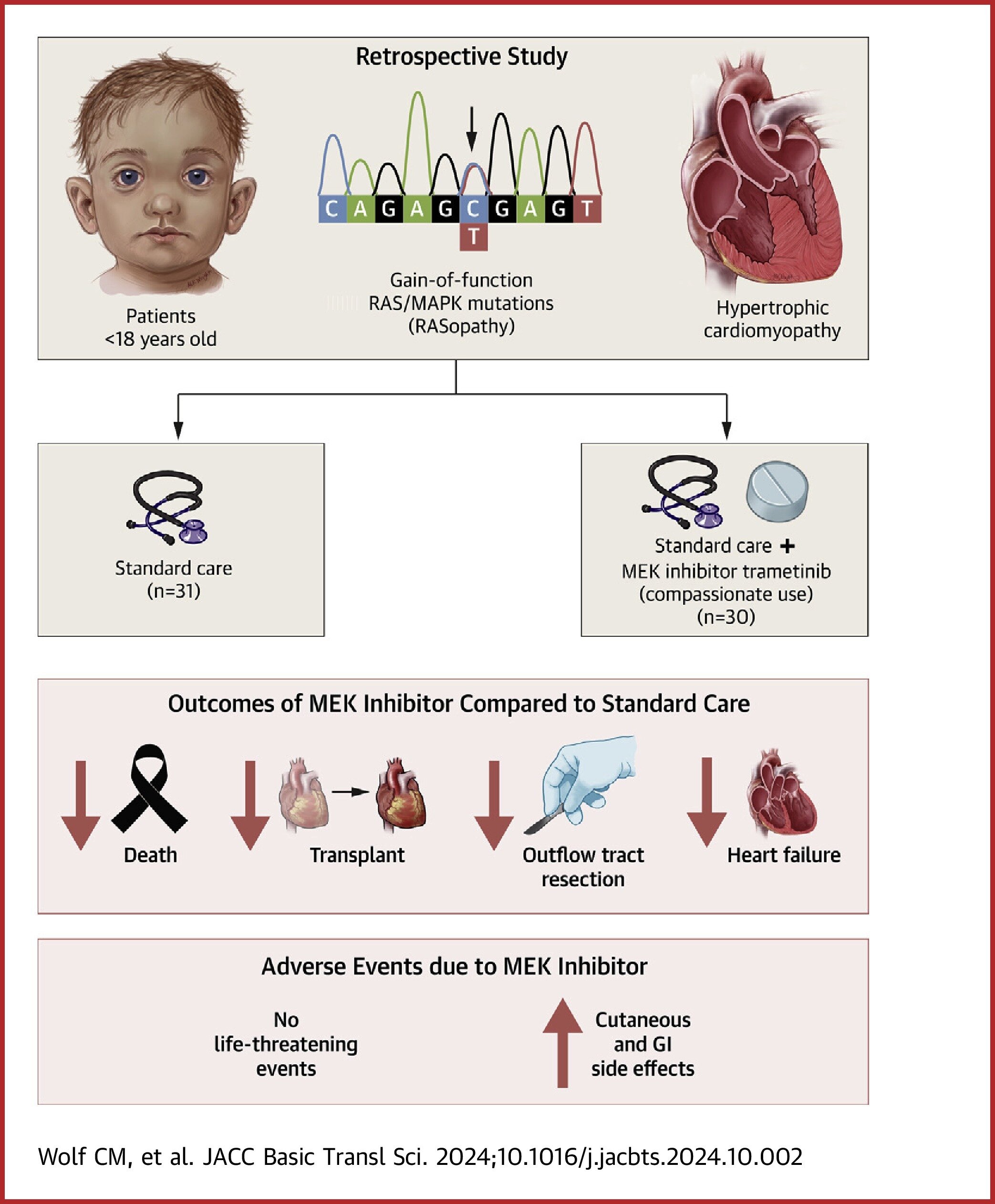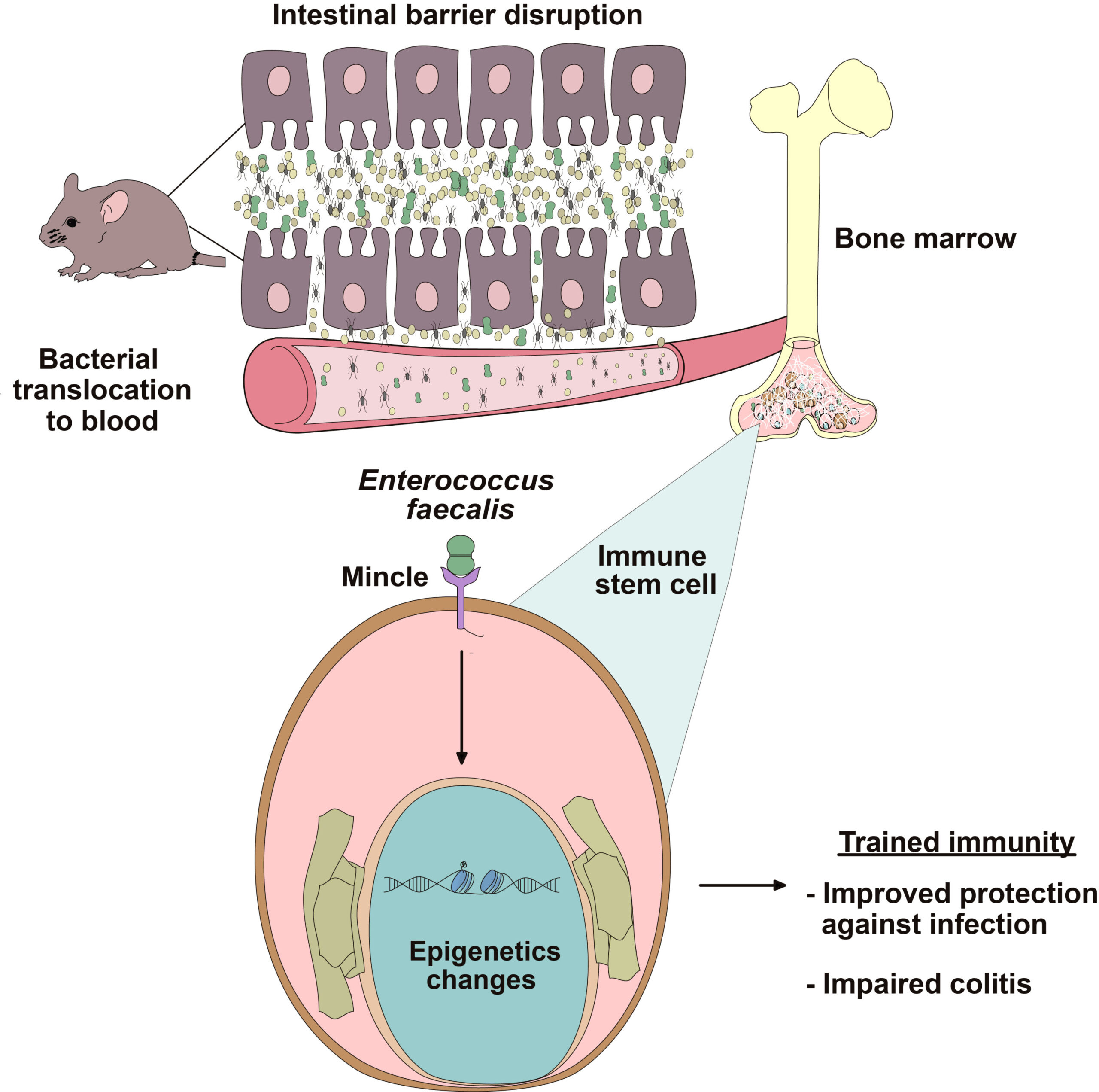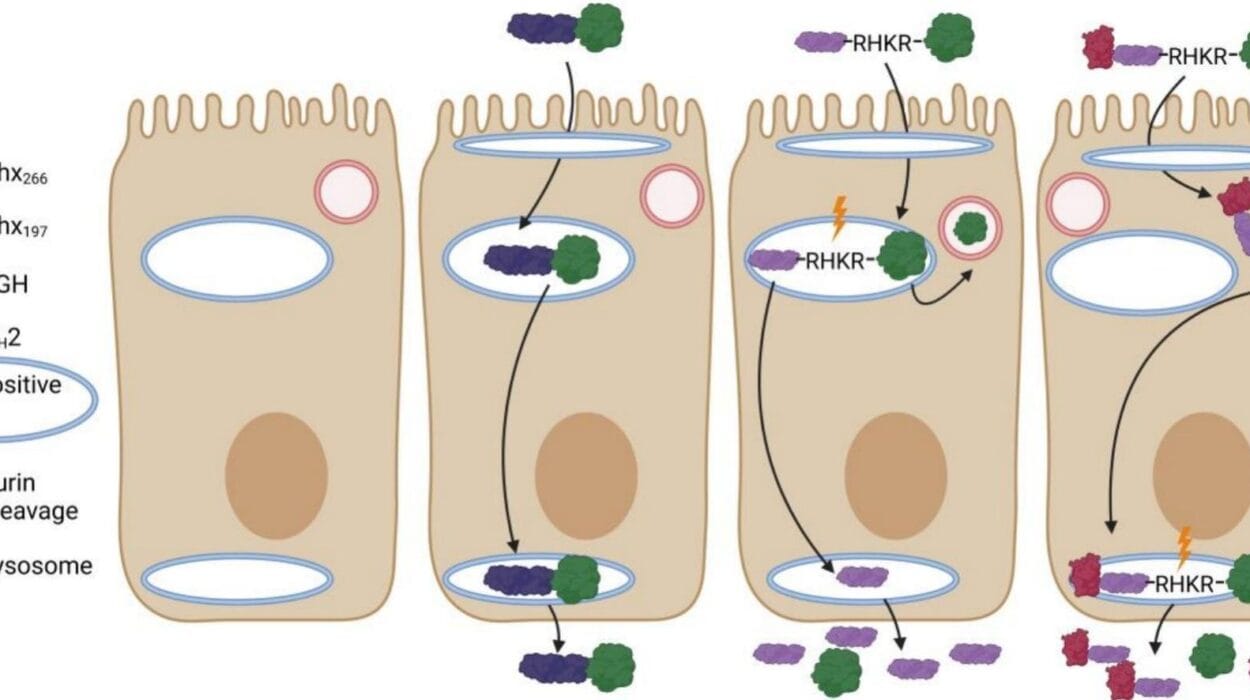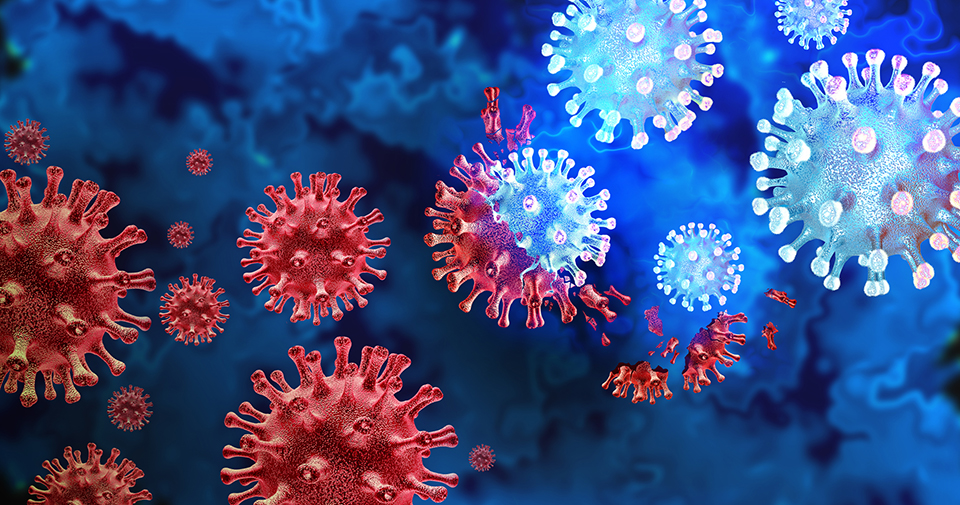Hypertrophic cardiomyopathy (HCM) is a severe condition marked by the abnormal thickening of the heart muscle, making it difficult for the heart to pump blood effectively. While HCM can occur in adults, the implications for children are particularly dire, as the disease often leads to early heart failure or death. Recent breakthroughs in the treatment of pediatric HCM associated with genetic mutations, particularly those in the Ras/mitogen-activated protein kinase (RAS/MAPK) pathway, offer hope for children who have previously had limited treatment options. One promising new therapeutic option is trametinib, a targeted treatment that acts as an inhibitor of MEK, a critical kinase in the RAS/MAPK signaling pathway. According to a recent study published in JACC: Basic to Translational Science, trametinib has shown strong efficacy in reducing the mortality and morbidity in children suffering from severe HCM linked to RASopathies, a class of rare genetic disorders that impact this pathway.
Understanding HCM and RASopathies
Hypertrophic cardiomyopathy results in abnormal thickening of the heart muscle, often leading to impaired heart function. The genetic origins of this condition can be diverse; however, for a subset of children, the underlying cause is related to pathogenic variants in the RAS/MAPK signaling pathway. The RAS/MAPK pathway is crucial for regulating various cellular processes, including cell growth, differentiation, and survival. It is involved in many physiological and developmental processes, and when mutations occur in genes regulating this pathway, they can result in serious conditions such as RASopathies.
RASopathies, as a group of genetic disorders, include conditions like Noonan syndrome, Costello syndrome, and others that often present with a combination of developmental delays, characteristic facial features, and heart defects such as HCM. About 20% of children with RASopathies develop HCM, and it is particularly severe in these cases. RASopathy-related HCM (RAS-HCM) can be far more aggressive compared to other forms of HCM and tends to progress more rapidly. This results in a significantly higher mortality rate in these children, and prior to recent therapeutic advances, treatment options were limited and often ineffective. The development of a personalized, targeted therapy focused on correcting the underlying genetic causes has emerged as a critical avenue for providing effective treatment, particularly for children with severe forms of RAS-HCM.
Trametinib and its Role in RASopathy-Associated HCM
Trametinib, an MEK inhibitor, is a drug that specifically targets and blocks the activity of MEK, a protein crucial for the signaling within the MAPK pathway. This intervention disrupts the pathological activation of the pathway and normalizes the processes of growth and development that are otherwise skewed due to genetic mutations. Recent findings reported in JACC: Basic to Translational Science highlight the positive impact of trametinib in treating children with severe RAS-HCM.
The study, led by Dr. Gregor Andelfinger and colleagues, involved 61 children diagnosed with severe RAS-HCM, who were divided into two groups. One group, consisting of 30 children, received trametinib as part of a targeted therapy regimen, while the remaining 31 children were given standard care treatments, which typically involve medications aimed at controlling symptoms and managing heart failure. The primary objective of the study was to evaluate whether trametinib could reduce adverse outcomes such as death, the need for heart transplantation, or the necessity of invasive cardiac surgeries.
The results from the study were promising. The children who received trametinib demonstrated a marked reduction in negative outcomes compared to those who received standard care. Specifically, trametinib significantly decreased the incidence of death, the need for a heart transplant, or the requirement for cardiac surgery. Additionally, the treatment did not result in any life-threatening adverse effects. However, some manageable side effects were noted, primarily dermatologic issues and concerns related to mucous membranes. These side effects, although common in the trametinib-treated group, were not severe enough to outweigh the therapeutic benefits, especially given the severity of the condition the children were facing.
Personalized Medicine for RASopathies
This study underscores the potential for personalized medicine to revolutionize the treatment of rare and genetically driven disorders like RASopathies. The concept of personalizing treatment according to the genetic mutations specific to a patient’s disease is particularly powerful in the context of childhood conditions, where early intervention can be life-saving. As Gregor Andelfinger, a co-author of the study, explained, the findings provide a “breakthrough in the treatment of HCM in children,” demonstrating that trametinib, as a genetically-targeted therapy, offers an opportunity to significantly improve outcomes for patients suffering from severe RAS-HCM who have not responded to conventional treatments.
In a press statement, Dr. Andelfinger also stressed the urgent medical need for such treatments. “The positive results we observed with trametinib are a promising step forward in addressing an urgent medical need for children whose condition has not responded to standard therapies,” he said. The study highlights that while traditional treatments like medications for heart failure, beta-blockers, and anticoagulants are commonly used, they may not always address the root cause of the disease or may fall short for children with severe forms of HCM related to genetic mutations. Targeted therapies such as trametinib, on the other hand, aim at altering the underlying genetic pathway responsible for the disease, potentially offering more effective management and even reversal of progression.
Expert Commentary
Several experts in the field of cardiology and genetic medicine have weighed in on the findings, emphasizing the significance of the study. Dr. Douglas Mann, MD, FACC, the Editor-in-Chief of JACC: Basic to Translational Science, commented that the results of the study were “exciting” in providing new hope for treating RASopathies in children, particularly in cases of severe HCM. He pointed out that “RASopathies are a group of rare genetic disorders that are caused by mutations in genes that regulate the Ras/MAPK signaling pathway,” and that this was one of the first studies of its kind offering evidence that targeted therapies like trametinib could be an important advancement for children with these disorders. Dr. Mann also noted that given the rarity of the condition, this study could serve as a foundation for future randomized clinical trials that would further evaluate trametinib’s safety and efficacy in pediatric populations.
Study Limitations and Future Research Directions
While the results of the study provide promising evidence supporting the use of trametinib in treating severe RAS-HCM, there are several important limitations that need to be considered. The first limitation is the design of the study itself. Because it was not a randomized controlled trial, there is potential for biases in the selection of patients or in the way data was collected, which could affect the generalizability of the findings. Additionally, the control group had incomplete data collection, which could limit the ability to compare results comprehensively across both groups.
Another limitation involves the fact that some children in the trametinib group had previously undergone heart surgery, which might have altered their response to treatment in comparison to the control group. The shorter follow-up period in the study may also affect the ability to assess long-term side effects of trametinib treatment, which will need to be monitored in subsequent trials. Additionally, the study did not determine the optimal dosage of trametinib for RAS-HCM, which will be important for tailoring future treatments for individual patients.
Reference: Cordula M. Wolf et al, Impact of MEK Inhibition on Childhood RASopathy-Associated Hypertrophic Cardiomyopathy, JACC: Basic to Translational Science (2024). DOI: 10.1016/j.jacbts.2024.10.002






